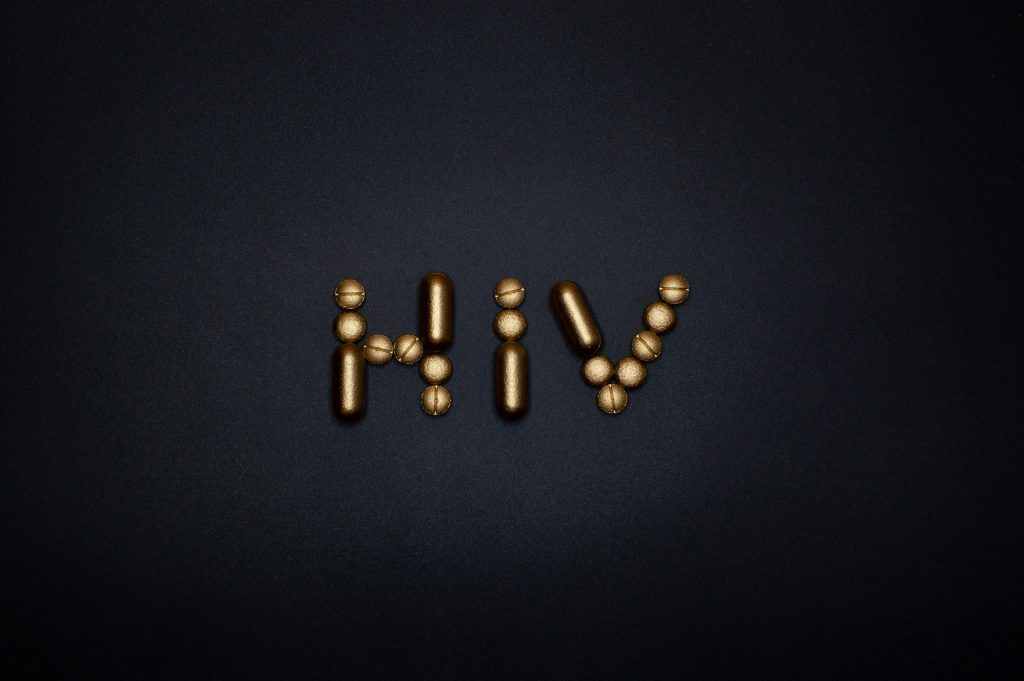Who is affected?
Premenstrual dysphoric disorder, commonly known as PMDD, is a severe type of premenstrual syndrome (PMS). About 5% of women globally are diagnosed with this condition and is more often linked to women who have a personal or family history of depression, anxiety, and/or other mood disorders.
This chronic health condition causes significant emotional and physical symptoms which interfere with the daily lifestyle, activities and relationships of women diagnosed with PMDD.
Read more: Tools to help manage your mental health
What are the symptoms?
Common PMDD symptoms include:
- Intense mood changes such as irritability, anxiety, depression, and mood swings.
- Physical symptoms such as bloating, breast tenderness, headaches, and joint pain.
- Other symptoms such as fatigue, difficulty concentrating, and unexplained changes to your appetite or sleep patterns.
These symptoms need to happen consistently in the second half of your menstrual cycle and are severe enough to impact the quality of daily activities and relationships in order to be diagnosed with PMDD. The symptoms also usually go away a few days after the start of your period.
What are treatment options?
Treatments for PMDD may include lifestyle changes, medications, or a combination of both. Examples of lifestyle changes can include:
- introducing exercise into your routine,
- maintaining a more balanced diet,
- practicing stress-reduction techniques like meditation,
- and getting enough sleep every night.

Some women choose to use medications to help relieve some of the physical symptoms. These can include:
- SSRIs like Fluoxetine, Sertraline and Paroxetine which require a prescription from a doctor.
- hormonal contraceptives in the form of the pill, injections, IUDs, hormone patches and vaginal rings. The right one for you would prescribed and administed by your healthcare professional.
- NSAIDs are pain killers which include Ibuprofen (Nurofen), Naproxen (Aleve), and Aspirin (Dispirit). These are available at grocery stores and pharmacies like Zoie Health while some are over-the-counter medications.
While PMDD is a serious condition, it’s important to remember that, with the right treatment plan and professional care, many women are able to manage and reduce their symptoms and still experience an excellent quality of life.
Shop now: Zoie Health’s period care products
How do I get diagnosed?
If you think you may have PMDD, don’t hesitate to talk to your healthcare provider so you can receive the correct diagnosis, treatment plan and care that you need. Zoie Health’s expert healthcare professionals are ready to help you, click here to book your virtual consultation today.









